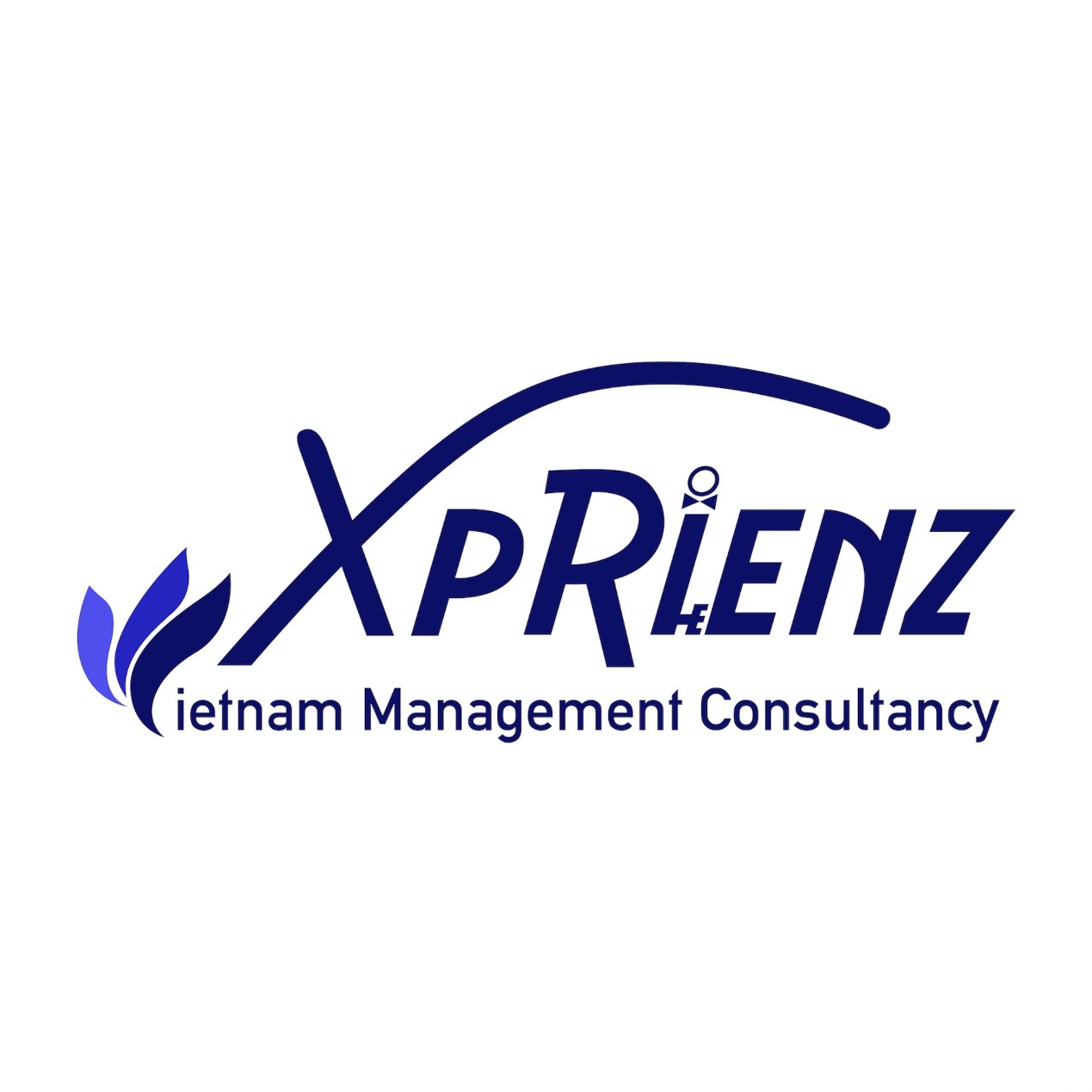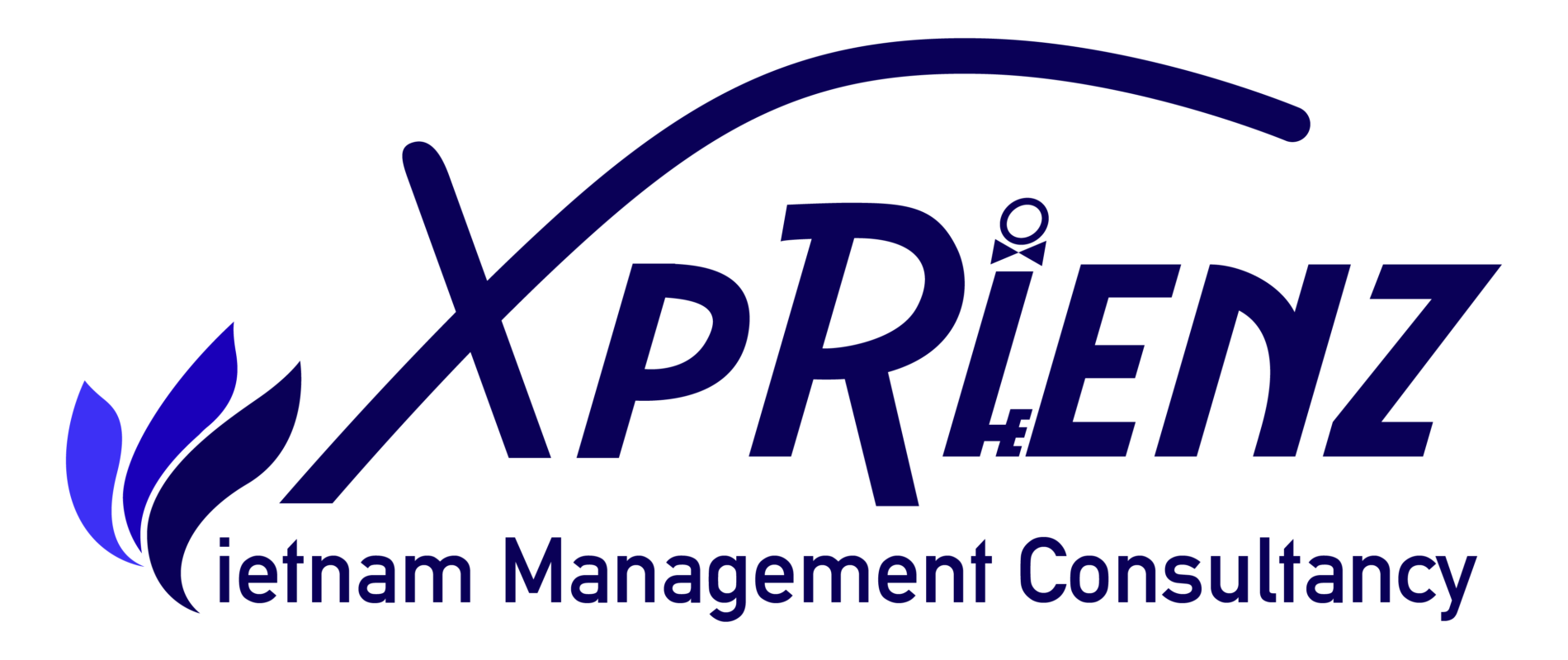
Navigating the Complex Halal Certification Landscape in Vietnam: A Critical Overview
Introduction
As the global halal market continues to expand, projected to reach $5 trillion by 2030, Vietnam is positioning itself as a key player in this booming sector. However, the path to obtaining credible halal certification in Vietnam remains fraught with challenges. During a recent consultation for a client seeking halal certification to export their products to Muslim-majority countries, we uncovered over 17 different certification bodies operating independently within Vietnam, each with its own processes and standards. This fragmented landscape raises significant concerns for businesses and consumers alike, particularly in terms of consistency, transparency, and adherence to international halal standards.
A Comparative Look at Halal Certification in Southeast Asia
In neighbouring Southeast Asian countries, halal certification is more streamlined, often centralized under a single authority, and tightly regulated by Muslim religious bodies or government agencies. For example:
- Thailand: The Central Islamic Committee of Thailand (CICOT) oversees halal certification under the framework of the Administration of Islamic Organizations Act. CICOT collaborates with provincial Islamic committees to ensure nationwide compliance.
- Singapore: The Islamic Religious Council of Singapore (MUIS) is the sole halal certification authority, recognized for its strict regulations that guarantee compliance with Islamic law.
- Malaysia: The Department of Islamic Development Malaysia (JAKIM) is the central body responsible for halal certification, ensuring uniform standards across the country.
- Indonesia: The Indonesia Halal Product Assurance Organizing Agency (BPJPH), under the Ministry of Religious Affairs, manages halal certification. Indonesia has established Mutual Recognition Agreements (MRAs) with foreign halal agencies, ensuring that imported products meet their halal standards. Private organizations like the Indonesian Council of Ulama (MUI) also play a pivotal role.
These countries have developed robust halal certification systems that ensure compliance, transparency, and trust. They also enforce stringent requirements, such as the presence of Muslim staff in halal-certified establishments, to maintain the integrity of halal products and services.
Vietnam’s Fragmented Halal Certification System
Vietnam’s halal certification landscape, by contrast, is fragmented and lacks a central authority to regulate and oversee certification bodies. With over 17 independent certification bodies, businesses face uncertainty regarding the consistency of standards. Some organizations consist of just two or three members, while others are more established, but all operate without centralized religious or government oversight. This creates a lack of uniformity and accountability, which could undermine the confidence of Muslim consumers both domestically and internationally.
A particularly troubling issue is the certification of restaurants that do not employ Muslim staff in the kitchen. In other Southeast Asian countries like Singapore, Malaysia, and Indonesia, halal-certified establishments are required to have Muslim personnel overseeing food preparation to ensure strict adherence to halal guidelines. In Vietnam, however, no such regulations are enforced, raising doubts about the authenticity of these certifications.
Conflicts of Interest in Vietnam’s Halal Certification Process
Another critical issue is the potential conflict of interest arising from some certification bodies offering consultancy, training, auditing, and certification services under the same umbrella. This model can blur the lines between impartial auditing and business interests, as these bodies may prioritize financial gain over compliance with halal standards. In contrast, credible halal certification bodies in other Southeast Asian nations maintain a clear separation between consultancy and certification to preserve the integrity of the process.
Certification should not be a mere formality; it represents a long-term commitment to upholding Islamic principles. This requires continuous monitoring and re-evaluation of businesses to ensure ongoing compliance. Smaller certification bodies, with limited staff, often lack the resources for regular audits and oversight, further calling into question the credibility of their certifications.
The Role of HALCERT: A Step Toward Cohesion?
In an effort to bring order to this fragmented system, the Vietnam Certification Centre (QUACERT) recently announced the establishment of the Vietnam Halal Certification Authority (HALCERT). This move is seen as a positive step towards regulating the halal certification landscape in Vietnam. However, HALCERT may faces the enormous task of overseeing and regulating numerous independent certifying bodies that have operated without supervision for years.
For HALCERT to succeed, it must implement strict guidelines and standards that align with international best practices, ensuring that all certifying bodies adhere to uniform, transparent processes. Achieving global recognition from international halal authorities will be essential for Vietnam to build trust with Muslim consumers worldwide. HALCERT must also address potential conflicts of interest by ensuring a clear separation between consultancy and certification processes, much like JAKIM, MUIS, and BPJPH do in their respective countries.
Tapping into Vietnam’s Halal Market Potential
Despite these challenges, Vietnam’s potential to tap into the global halal market is immense. In addition to the projected $5 trillion halal market by 2030, the Islamic tourism sector is also growing rapidly. According to CrescentRating, an estimated 140-160 million Muslim tourists accounted for more than 11% of the 1.3 billion global tourists in 2023. By 2028, this figure is expected to reach 230 million tourists, spending approximately $225 billion on travel.
Vietnam is well-positioned to attract Muslim tourists, but only if its halal certification system gains credibility. Tourists seeking halal food and services will require assurance that certified businesses are genuinely compliant with Islamic principles. Without a trustworthy and transparent certification system, Vietnam risks losing out on this lucrative market.
Ensuring Compliance and Ongoing Monitoring: Who Watches the Certifiers?
One of the most pressing questions surrounding Vietnam’s halal certification system is how certifiers ensure that businesses remain compliant after receiving certification. In countries like Singapore, Malaysia, and Indonesia, certification bodies conduct regular audits and inspections to verify ongoing compliance. Vietnam’s fragmented system, however, raises concerns about how independent certifiers can effectively monitor businesses, particularly those with no Muslim staff to oversee daily operations.
The lack of centralized oversight further complicates the issue. Without ongoing monitoring, there is a high risk of non-compliance, especially in non-Muslim-owned establishments. Halal certification must be more than just a label—it must reflect a genuine commitment to upholding Islamic standards consistently over time.
Building Trust: Halal Certification as a Faith-Driven Commitment
Ultimately, halal certification is about more than just business—it is a faith-driven responsibility. Certification bodies, businesses, and consumers all have a role to play in maintaining the integrity of halal standards. Every stakeholder will be held accountable for their actions, not just in the marketplace, but in their spiritual obligations and one’s accountability to Allah SWT and the Muslim ummah.
Vietnam’s halal certification system must be built on a foundation of trust, transparency, and accountability. The establishment of HALCERT offers a glimmer of hope for more cohesive regulation, but it will take time to build credibility and ensure that certification bodies uphold the rigorous standards required to serve the Muslim ummah.
As Vietnam seeks to tap into the global halal market, it must prioritize creating a reliable and internationally recognized halal certification system. This will not only attract businesses looking to export to Muslim-majority countries but also cater to the growing demand for halal products and services among Muslim consumers and tourists. By fostering integrity and faith-driven commitment, Vietnam can position itself as a trustworthy player in the global halal ecosystem.
Written by; Rahman Jumaat
Director/Principal Consultant- HORECA
Xprienz Vietnam Management Consultancy



Leave a Reply